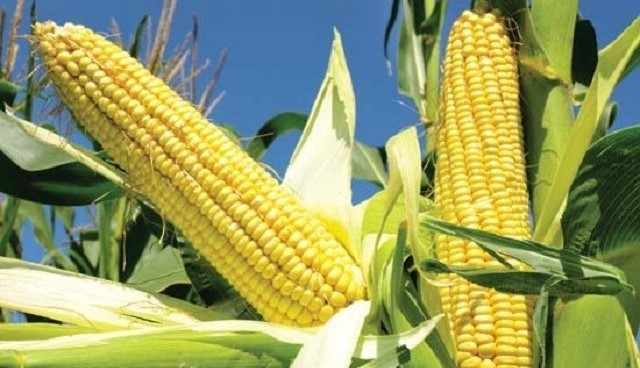Researchers in the Faculty of Agriculture, University of Ilorin in Kwara State, have developed a new breed of maize, named ILOMAZ-1.

Prof. Gbolagade Adesiji, a former Ag. Dean of the Faculty, announced the new development to newsmen in Ilorin, the state capital, on Monday, February 8, 2021.
Adesiji told reporters that the research effort that produced the innovation was done in collaboration with the International Institute of Tropical Agriculture (IITA), Ibadan, Oyo State.
The don said the grain has been approved for release and cultivation by farmers in the southern Guinea Savannah and rain forest ecologies of the South-Western part of Nigeria.
Also speaking, the immediate past Dean of the Faculty, Prof. Gbadebo Olaoye, added that the faculty had, in 2007, constituted a maize team comprising of soil scientists and economists in collaboration with IITA.
Olaoye said that all varieties of maize were treated for their yield potential, adaptation and quality.
He added that the research team for maize was sub-divided into three zones in the country and that Unilorin handles the southern Savannah and the rain forest.
According to him, the Unilorin research team tested for varieties in its allotted zone and anyone adapted “is the one to be used’’.
“The yellow grained maize variety was one of the nine maize varieties that were termed open-pollinated and hybrids.
“These have been approved for release and cultivation by farmers in different agro-ecologies of Nigeria by the National Variety Release Committee (NVRC).
“This was approved through the National Committee of the Naming, Registration and Release of Crop Varieties, Livestock Breeds and Fisheries at a meeting recently held,’’ Olaoye said.
The maize is an open-pollinated variety, giving opportunity for a poor farmer to harvest the maize and plant for the next season.
He assured farmers that the grains would be readily available to them during the 2021 growing season.
By Fatima Mohammed-Lawal
